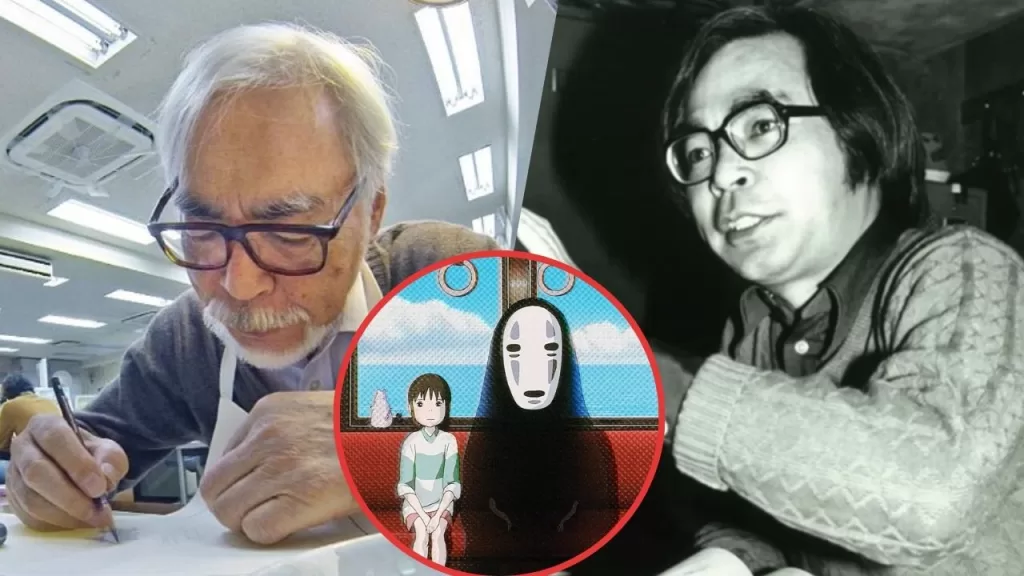10 Brutal Ways Hayao Miyazaki Personifies Japan’s Toxic Work Culture
Hayao Miyazaki stands as one of history’s greatest animation directors. The co-founder of Studio Ghibli has brought wondrous films like “My Neighbor Totoro” and “Spirited Away” to life by leading production with an uncompromising creative vision. However, realizing Miyazaki’s imagination requires a devotion some consider excessive.

Miyazaki is a living embodiment of Japan’s notoriously demanding work culture. His relentless pursuit of perfection and uncompromising work ethic have shaped Studio Ghibli’s reputation for producing high-quality animation, but they also reflect a harsher side of Japanese work culture that is often stereotyped.
Long Working Hours
Miyazaki is known for his long working hours. He often expects his animators to work 12 hours a day, seven days a week. This can be grueling, especially for young animators who are just starting out.
Critical Feedback
Miyazaki is very critical of his work. He is not afraid to give his animators feedback, and he can be very blunt in his criticism. This can be discouraging for animators who are not used to such harsh feedback.
Attention to Detail
Miyazaki is very particular about the details of his films. He will often spend hours obsessing over small details, such as the way a character’s hair moves or the color of a flower. This can be frustrating for animators who are trying to meet deadlines.
Last-Minute Changes
Miyazaki is not afraid to make changes to his films at the last minute. This can be disruptive for animators who have already spent months working on a scene.
Demanding Time Commitment
Miyazaki can be very demanding of his animators’ time. He will often expect them to drop everything they are doing to work on his films. This can be difficult for animators who have other commitments, such as families.
Control Over Work
Miyazaki can be very controlling of his animators’ work. He will often dictate every detail of a scene, leaving little room for creative expression. This can be frustrating for animators who want to have some input into their work.
Dismissive of Suggestions
Miyazaki can be very dismissive of his animators’ suggestions. He is often so focused on his own vision that he is not open to hearing other ideas. This can be demoralizing for animators who feel like their work is not valued.
Demanding Loyalty
Miyazaki can be very demanding of his animators’ loyalty. He expects them to be completely dedicated to his films, and he can be unforgiving of those who leave the studio.
Difficult to Work With
Miyazaki can be very difficult to work with. He is known for his temper, and he can be very volatile when he is under pressure.
Loyal Animators
Despite all of this, Miyazaki’s animators are incredibly loyal to him. They respect his vision and they are willing to put in the long hours because they believe in his work.
Miyazaki’s demanding nature has been both a blessing and a curse for Studio Ghibli. It has driven his animators to produce some of the most beautiful and imaginative animation in the world. However, it has also made for a very demanding and stressful work environment.
Whether or not Miyazaki is a good boss is a matter of opinion. There is no doubt that he is a demanding and perfectionistic leader. However, he is also a visionary who has created some of the most beloved animated films of all time.